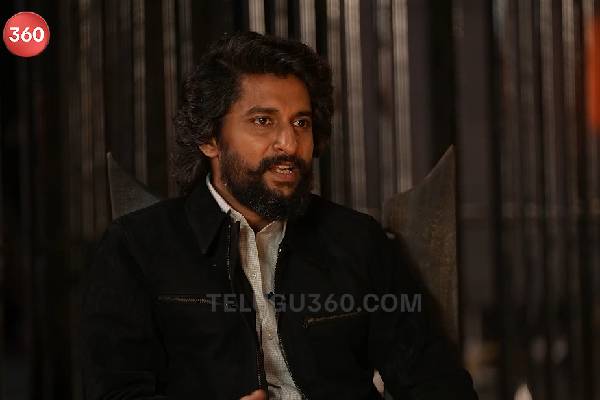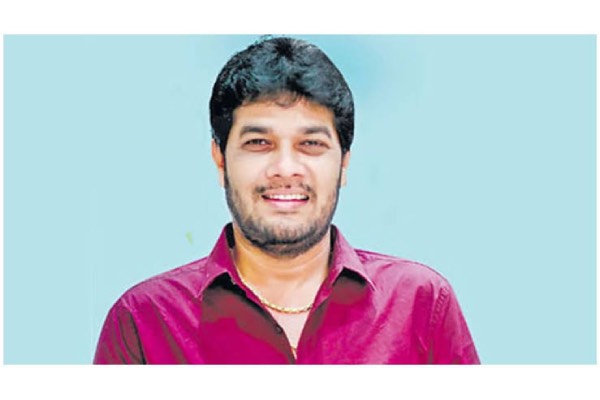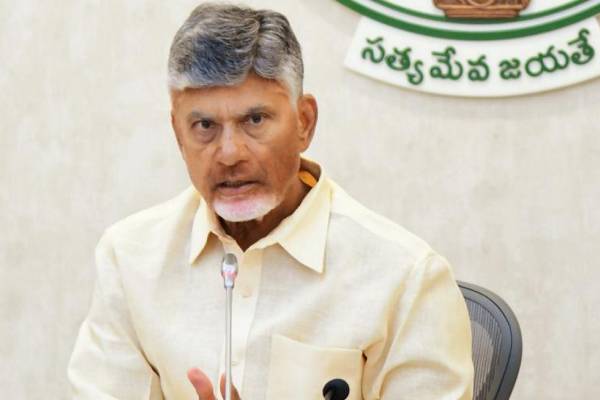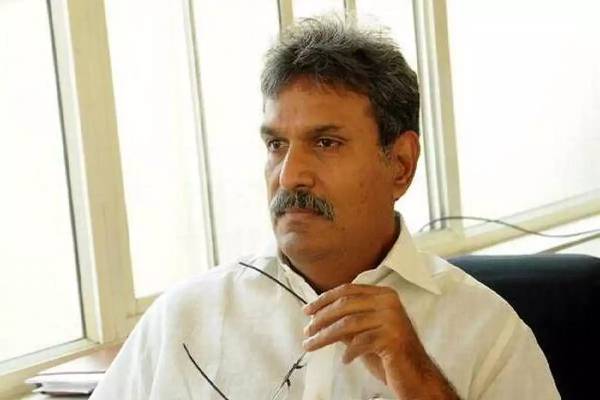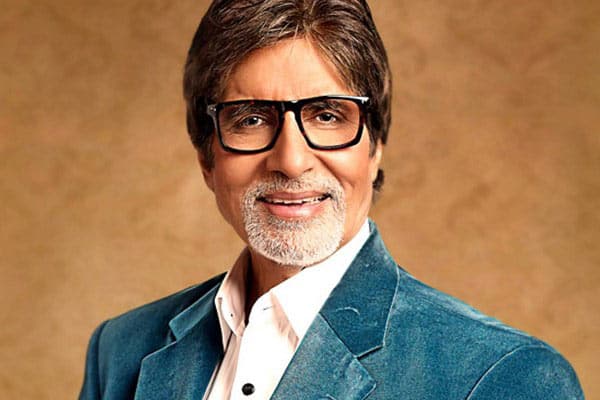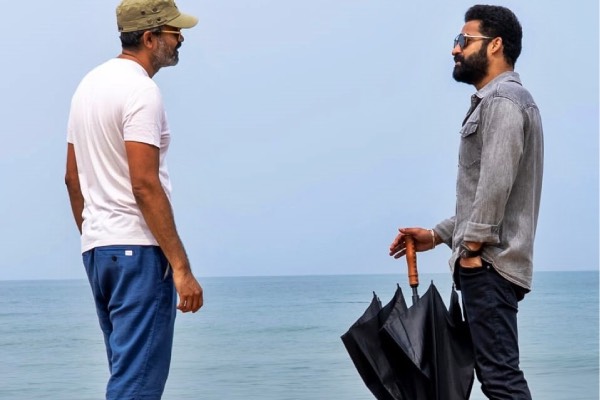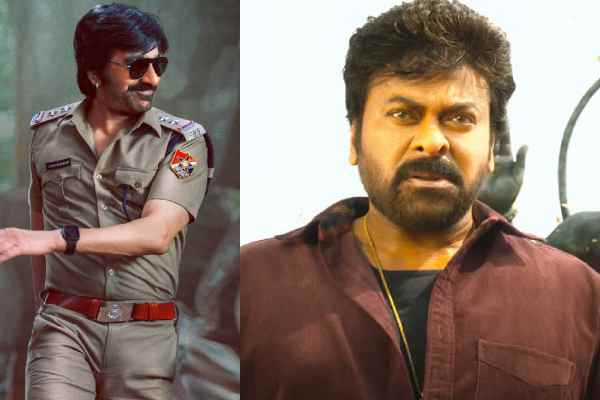“We should learn to appreciate what we have, before time makes us appreciate what we had,” tweeted Amitabh Bachchan earlier this week. The post on the social media site, meticulously catalogued T-3312 and duly explained in Hindi as all his tweets always are, really defines what the Bollywood icons image has been all about in recent times.
Turning 77 on October 11, without showing any sign of slowing down, the tweet is one of numerous that he regularly doles out. Amitabh Bachchan’s profound philosophical spree continues in cyber space and, seen in entirety, it makes him one of Bollywood’s most interesting Internet sensations.
Amitabh Bachchan’s image as a cyber philosopher is in sync with the other big role that has buoyed his superstardom over the recent years — as quizmaster par excellence on “Kaun Banega Crorepati” (KBC). Far removed from the brooding, intense and often street-smart on-screen persona of his heydays, Big B — as industry and fans alike love to call him — has now acquired the benevolent disposition of a public figure who has the experience and wisdom of life to share.
The angry young man of the big screen has morphed into the wise old man of all screens small. That, in essence, underlines the secret to what sustains Amitabh Bachchan’s spectacular career graph even after five decades.
At a time when not just his contemporaries but even actors of the next generation have faded away, Bachchan continues to be relevant in the Indian film industry. The metamorphosis observed above has been significant, aided by intelligent branding and PR.
What is interesting to note is the fact that Amitabh Bachchan has not moved away from the basic role that has underlined his superstardom over the decades. He still continues to be a social messiah. Only, as the rules of the showbiz game changed, so did his approach.
Back in the heydays of the seventies and the eighties, Big B was a messiah on the big screen — an intense action hero who took upon a corrupt system singlehandedly and ensured justice was served. In numerous films e from the cop avatar of “Zanjeer” and “Shahenshah” to the avenging antihero of “Deewar” and Trishul” — Amitabh Bachchan was out to teach the super-rich, super-powerful villains of society a lesson, setting things right in a world gone awry to ensure potboiler poetic justice was served.
Those were the seventies and the eighties. India, having gotten over its initial, post-Independence euphoria of the forties and the fifties, was waking up to sordid truths that hounded a third-world nation. Big B’s larger-than-life messiah on screen was necessary, to spread hope among the masses. The smalltown youth identified with the angst of his popular screen avatar. Angry young man Vijay thrived.
Nearly two decades later, when Big B took to the host’s seat on KBC, that script was lost. The angry young man had been yanked off the popular charts by Shah Rukh Khan’s NRI loverboy. An aged Bachchan looked for a way to reaffirm mass connect. That was where television helped.
Over 11 seasons since its inception in 2000 — and barring the odd ones that were not hosted by him — Big B has played the charming host. If his roles as the angry young man reorganised how mainstream cinema would look at heroism over the next several years, KBC and its host redefined what being an icon of reality television would mean on the Indian small screen.
Importantly, the show redefined Amitabh Bachchan as a brand, too.
By the late 1990s, the signal had become loud and clear: The no-shows of films such as “Lal Badshah”, eMrityudand”, “Sooryavansham”, “Hindustan Ki Kasam” and “Kohram” proved the time was no longer apt for an aging Bachchan to play the traditional hero in Hindi commercial filmdom. His best acts in Bollywood, since then, have been in strong character roles. From “Mohabbatein” in 2000 to “Badla” earlier this year, Amitabh Bachchan has scored only with roles where he does not aim at wooing the crowds with larger-than-life heroics.
Yet, you cannot imagine Amitabh Bachchan as anything but larger than life. For the sake of his megastardom to remain intact, reinvention was necessary. That is where KBC became significant.
Over the years, Bachchan as KBC host has been the person who instils tremendous aspirational value and inspiration to contestants. Over the years the focus of the show has shifted to accommodating the smalltown youth as participants. If this category of population once upon a time sought hope to get back at the corrupt and mighty in Bachchan’s fictional exploits as the angry young man of the big screen, today they find hope to pursue dreams of realising civil services success while facing Bachchan’s tricky questions on KBC.
He is still the messiah — only, this time he is the fueling the hope of dream-fulfillment among the masses.
The image as a wise old man has found due support in his regular Internet outings. And it finds manifestation in a very different area, too — as a mega brand. Pick any commercial featuring Amitabh Bachchan, and you realise as much. From multipurpose app to hair oil, Bachchan is invariably the wise man who knows it all — doling out ample information to a (normally younger) hapless consumer.
The image has morphed successfully — from anger to wisdom, in order to uphold Amitabh Bachchan’s superstardom. The one constant that remains is the rich baritone. Back in the 1970s, he used it to spew those fiery dialogues, to justify his brand of melodrama and often violent pursuit of on-screen justice. Today, the baritone effectively doles out knowledge.






















